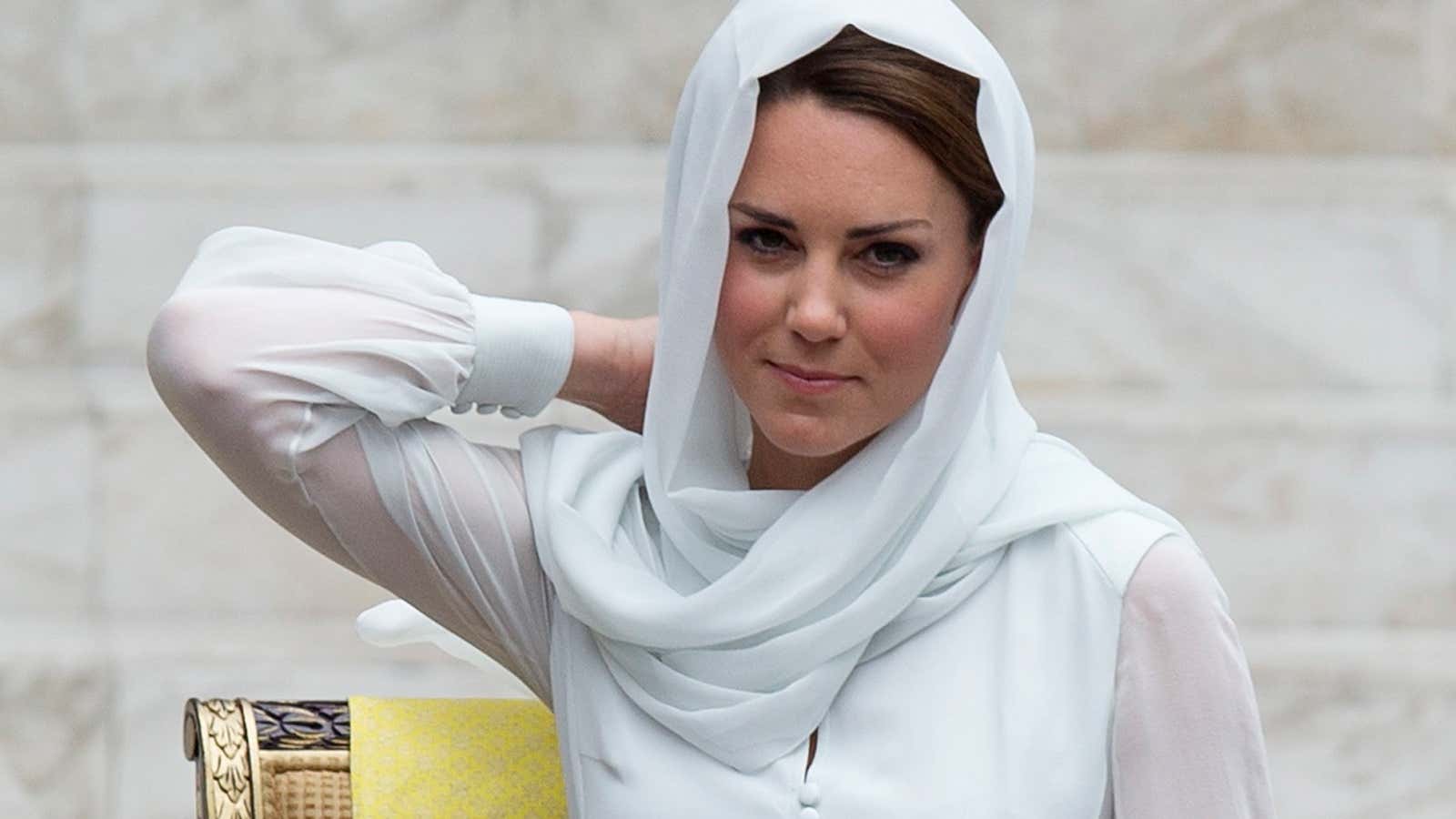French satirical weekly Charlie Hebdo on Sep. 19 published cartoons of the Islamic prophet Muhammad, including a full-page spread containing several drawings of his exposed rear. In one of the drawings, he is saying, “Et mes fesses? Tu les aimes, mes fesses?” (And my buttocks? Do you like my buttocks?) It’s a reference to Brigitte Bardot’s appearance and dialogue in an early scene of Godard’s 1963 film Le Mépris.
The magazine’s offices could get bombed, which already happened in November 2011. Charlie Hebdo’s decision seems intentionally ill-timed, a cry for attention amidst the riots taking place throughout the Islamic world over the anti-Islam film “The Innocence of Muslims.” Bangladesh on Sept. 23 went on a nationwide strike protesting the film. Tunisia, fearing riots, pre-emptively banned protests on Sept. 21, and Pakistan blocked phone signals after riots erupted in 15 cities on Sep. 20.
Given that Charlie Hebdo is permitted to run amok, it is surprising that France clamped down immediately on that other major French scandal involving nudity, i.e. the topless pics of Kate Middleton. A French court on Sept. 18 ordered the tabloid Closer to withdraw the photos from its web site, or face a €10,000 daily fine ($12,984).
“While freedom of the press is protected in France, the right to privacy is also enshrined in penal code,” Liard Bertrand, an intellectual property specialist and partner in the Paris office of the American law firm White and Case, explained to Quartz. “ (Specifically, section 226. Here is the French penal code in its entirety, in French; Section 226 is on p. 92. Here it is in English; the relevant section is p. 56).
And it’s not just the media who must respect individual privacy. “An employer, for example, cannot install cameras in the office to do surveillance on employees,” said Liard.
Some facts about people, including their religion, are considered no one’s business but their own. Thus, said Liard, a media outlet identifying someone as Jewish, for example, could potentially face prosecution.
Closer posted a very snippy, anti-British disclaimer on its site on Sep. 15. On Sep. 19, I noticed, the page was removed. I was, however, able to find other sources (in French) carrying the text:
(The following statement) concerns only the French edition of Closer, and not the English Edition. The photos… are not degrading at all. They show a young couple on holiday—beautiful, modern, and in love—in their normal lives.
Despite making a quick business of the Closer case, French law is helpless to stop the chaos that Charlie Hebdo released. Fearing violent retaliation against France, the French Foreign Ministry on Sept. 19 announced that it would close the embassies (in French), French schools, and French cultural institutes in 20 Muslim nations. (If you are living in an affected area, you can follow official French government announcements on Twitter @francediplo. The Tweets are in French.)
French Prime Minister Jean-Marc Ayrault seems very ticked off. According to an official statement (link in French) from his office on Sept. 19, “the Prime Minister expresses his disapprobation of these excesses. He calls upon everyone involved to act in a responsible manner.” He had a busy day, having also announced that he was not going to permit a protest in Paris against”The Innocence of Muslims.” Ayrault said, “There is no reason why we should let in conflicts that don’t concern France.” (Erm… I foresee global jokes about France’s non-involvement in wars, coming forthwith.)
Charlie Hebdo was firebombed in November 2011 the last time it came up with the bright idea of publishing unflattering cartoons of Muhammad. At the time, French politicians both right and left condemned the bombings and defended Charlie Hebdo’s right to free expression. This time, however, the magazine has been just as unanimously condemned. The pervading French attitude toward Charlie Hebdo has been, “Firebomb you once, shame on them. Firebomb you twice, shame on you.”
A cartoonist named Luz did Wednesday’s drawings as well as the ones that resulted in the Charlie Hebdo offices being firebombed in 2011. He was lambasted Wednesday during an appearance on popular panel discussion show Le Grand Journal on Canal Plus. One panelist criticized Charlie Hebdo for the tasteless and clearly commercially motivated timing of the issue, as it coincided with “The Innocence of Islam.” Luz replied flippantly, “It’s never the right time.”
